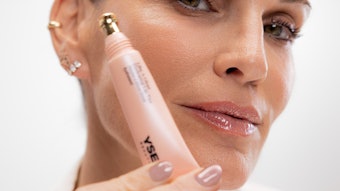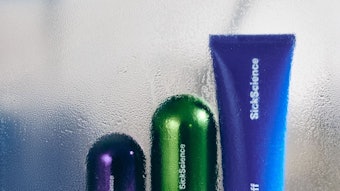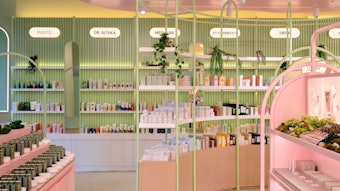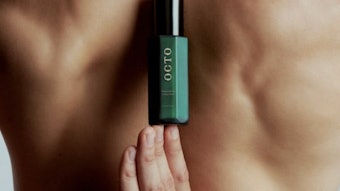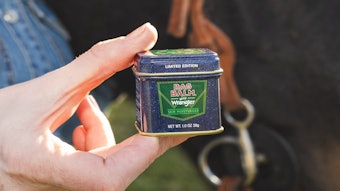As the international spotlight is on Brazil for the World Cup, questions are emerging about how sustainable Brazil—and its beauty industry—is. The Sustainable Cosmetics Summit Latin America will address such questions, as it will be hosted in the Brazilian capital of São Paulo September 10–12, 2014.
Brazil has announced the World Cup and the upcoming Olympics will be the most sustainable on record. The events will use solar-powered stadiums, serve organic foods, undertake waste recycling and offset carbon emissions. These green initiatives are part of a broad strategy to encourage sustainability in Brazil. And although the government is investing in green initiatives, Organic Monitor research finds Brazil and the wider Latin American region is lagging in sustainability.
Latin America is now established as a major producer of natural ingredients and ecological products. The region has almost 20% share of global organic farmland and is the biggest producer of sustainable commodities, such as coffee, cocoa, sugar and soya beans. In the beauty industry, the biomes of Brazil are a hotbed of natural ingredients. Rainforest specialties—such as açaí, pracaxi, andiroba, copaiba and annatto—have made their way into beauty, cosmetic and personal care applications around the globe. Although Brazil and Latin America have become major exporters, they remain small consumer of green products. Less than 2% of global natural and organic cosmetic sales are from the region. Latin American brands are using indigenous natural ingredients; however, most beauty formulations remain conventional, with the presence of synthetic preservatives, emulsifiers, surfactants and emollients. Furthermore, few beauty companies have adopted coherent sustainability strategies to address their ecological impacts.
By focusing on green formulations and ingredients, as well as sustainability metrics, the Sustainable Cosmetics Summit aims to address some of the sustainability shortcomings in the Latin American beauty industry. Opening the summit is a keynote by George Korres, founder and CEO of Korres Natural Products, speaking on the healing value of green ingredients. Originating from the oldest homeopathic pharmacy in Greece, the natural beauty brand has built an international presence, and Korres will give insights into how brands can successfully formulate natural beauty products and cosmetics using medicinal herbs and plant extracts.
Dalberto Adulis from Instituto Akatu will next discuss approaches to encourage sustainable consumption of beauty, cosmetic and personal care products. Brazil has the third largest beauty market in the world, but environmental impacts remains high because of consumer behavior. Advice will be given for beauty brands and retailers on how they can promote conscious consumption. And another paper will share consumer research on sustainable products—what do Brazilian consumers think of green products, and how can they be encouraged to become more sustainable?
Additionally, for the first time, a dedicated session will feature sustainability metrics. Industry experts will show how metrics can help beauty brands and ingredient firms on the green journey. An update will be given on the use of lifecycle analyses to measure and reduce environmental footprints. L’Oréal will state how metrics were used to set targets in its Sharing Beauty with All sustainability strategy, as the beauty multinational plans to reach one billion more consumers while reducing its environmental footprint by 60% by 2020. And Paulo Pianez, sustainability director of Carrefour Brasil, will share the retailer’s experiences in measuring sustainability.
With many Latin American brands grappling with green formulations, the summit also will devote a session and workshop to green ingredients. Judi Beerling, head of technical research at Organic Monitor, will give an interactive workshop to guide brands on how to replace synthetic emulsifiers, surfactants and emollients in product formulations. Details will be given on green alternatives to SLS/SLES and related petrochemical-based materials. And Marie Harris from Instituto Harris will highlight the safety issues associated with natural ingredients.
Other papers will cover innovating using natural actives, green preservation approaches, sustainable botanicals, and developing certified natural and organic cosmetics. Visit the Sustainable Cosmetics Summit website for additional information.
